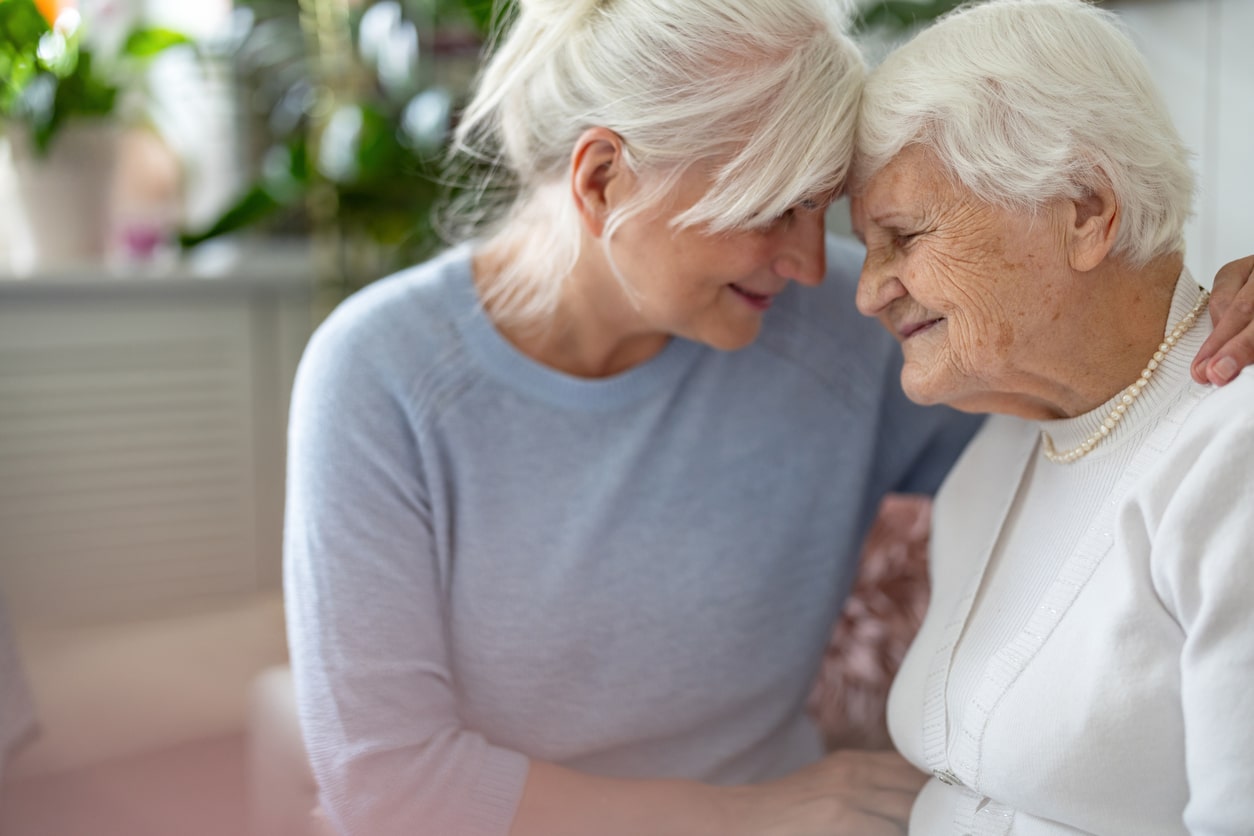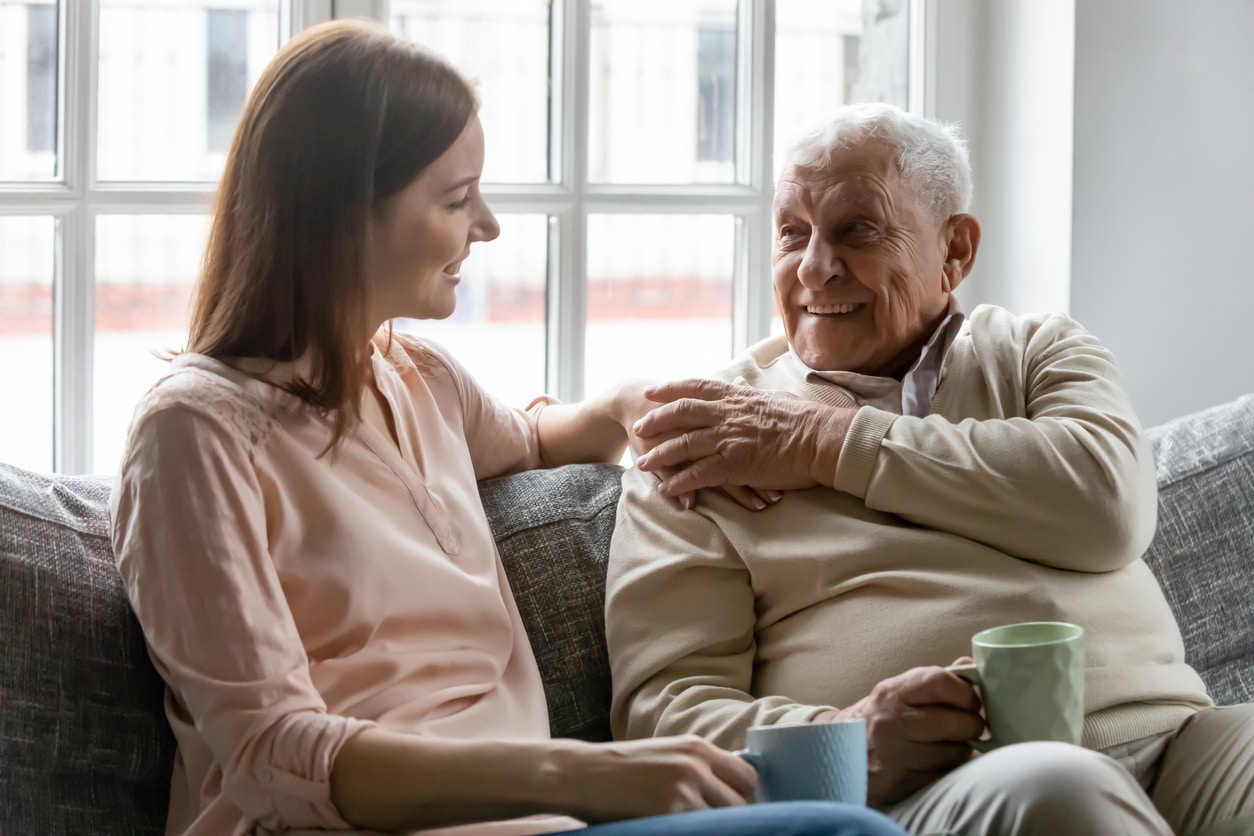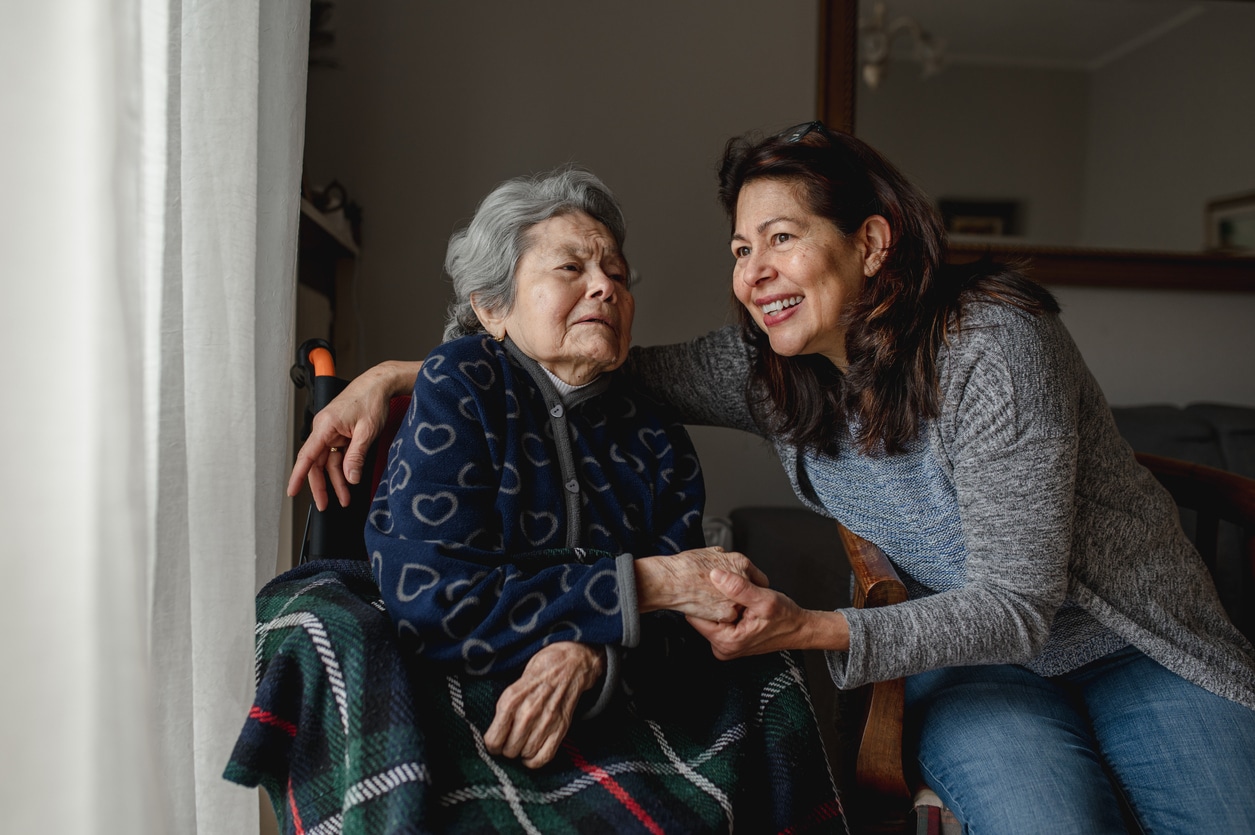With new gadgets coming out each day, it’s safe to say that technology has infiltrated our lives. While the possibilities are endless, a recent panel brainstormed concrete ideas for new technology for caregivers that might ease the burdens of caring for someone at home. Here are three new technologies you may see soon, and a few suggestions you or your senior can use right now.
The National Alliance for Caregiving met in April 2014 to discuss new technology for helping out caregivers. Three types of devices came up during the discussion that could help seniors age in place and support their caregivers.
Technology to Implement Now
1. A Step Beyond Siri
The first of these suggestions was an “intelligent” family care assistant of the virtual variety: think Siri for healthcare. Imagine having a virtual device that could answer simple questions so you wouldn’t have to wait for a call back from a healthcare provider or be overwhelmed by thousands of (often contradictory) Google search results.
2. Reach Out and Touch Someone Live
For those times when you must be in touch with a healthcare professional for more complex issues, the panel expressed the need to develop better technology for caregivers to reach and communicate with nurses, doctors, or other healthcare providers. These caregiver services might mean the ability for healthcare professional to do a virtual home visit with a webcam or monitoring technology that could allow caregivers to assess situations in real time. While that kind of technology wouldn’t completely eliminate the need for office or hospital visits, it could significantly reduce frequency and cost.
Some long-term care facilities have already begin implementing Skype video sessions for staff to consult an RN on medications, allowing them to physically show their medication bottles to nurses acting as virtual supervisors. This could be translated to the home setting if physicians or home health agencies were willing to add the technology and go on camera.
3. Around-the-Clock Monitoring
The third suggestion was in regard to more wearable technologies, which is an area of healthcare technology already developing. So far, this has mostly comprised GPS devices for tracking and other devices to monitor falls, but the panel cited a desire to see this expand toward more devices that actually monitor a person’s medical conditions.
Here and Now
As far as technology your loved one can use today, we’ve had wearable fall alert buttons for quite some time — a great advancement for seniors living alone. But what if someone falls and is knocked unconscious, or is injured in such a way that she can’t press a button? Now there are devices that can sense that a fall has occurred and make a call requesting help on your loved one’s behalf.
If you’re caring for someone with memory loss or dementia, invest in a clip-on GPS device so you can track her if she wanders off. Time can be crucial to saving lives, particularly in extreme weather conditions — so this is a great investment.
Perhaps the most common technology that you can put in place today is a computer or tablet with Internet access. Keeping the lines of communication open to check in with loved ones, or doing some online research on healthcare topics via reputable websites, can open up the doors to a wealth of invaluable information.
Technology can be a great support to caregivers and seniors, with many options available today — and many more on the horizon.
Is a Medical Alert System Right for You?
If you are seeking protection, peace of mind, and the fastest possible response in an emergency, Lifeline offers easy-to-use medical alert systems that can be tailored to your unique lifestyle. Whether you’re looking for protection at home or on the go, we’re here to help you find the perfect solution.
Get started today by taking our short product selection quiz to determine which system is the right fit for you. Your safety, independence, and peace of mind are our top priorities, and we’re here to assist you in ensuring a rapid response in times of need.




